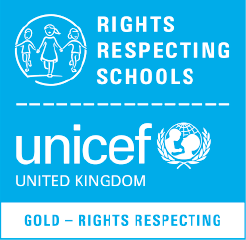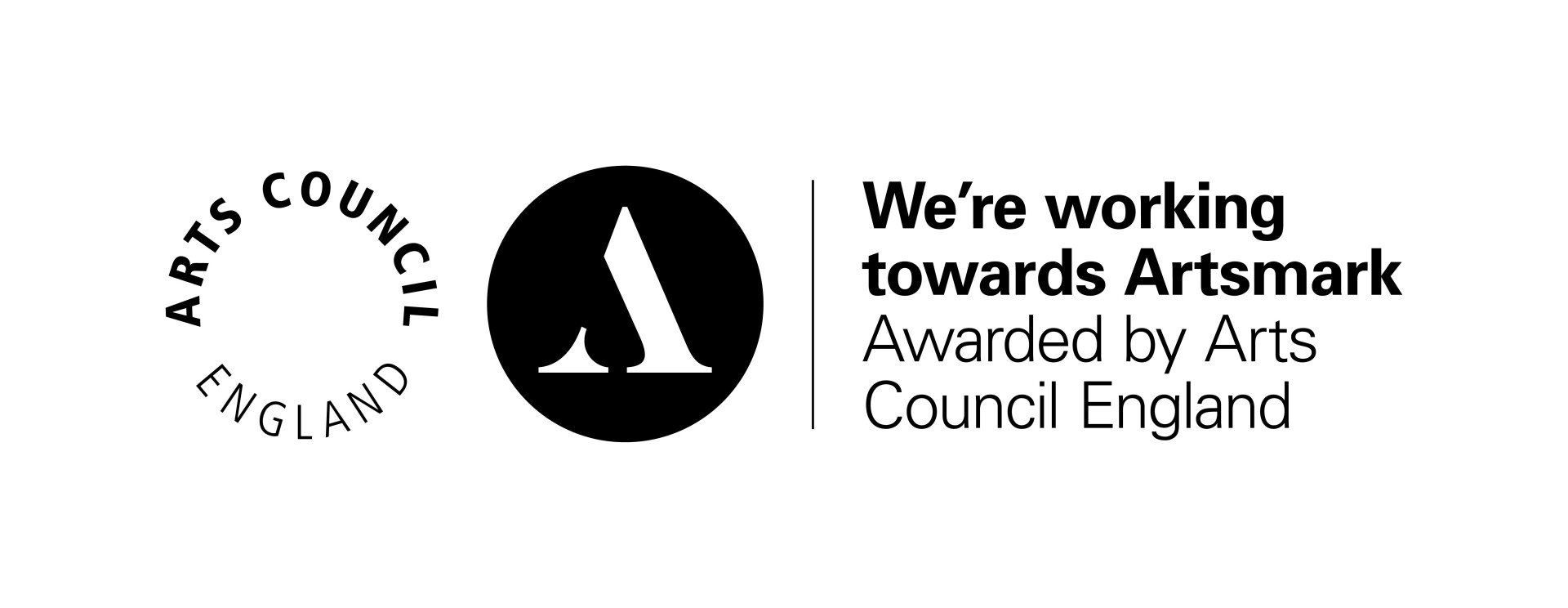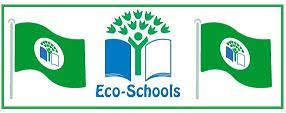History
Curriculum
Intent
Through our history curriculum, children develop a chronologically secure knowledge and understanding of British, local and world history.. They are supported to make connections across different periods they study and to develop informed responses that involve thoughtful selection and organisation of relevant historical information. Through the teaching of British, local and world history, pupils gain an understanding of developments over time as well as the complexity of specific time periods.
Our REAL History curriculum is:
R: relevant, research-based, reflective
Our History curriculum develops:
- a strong understanding of the core skills needed for successful Historians, including using primary and secondary sources to explore historical events
- a sense of ownership and curiosity about the local community, exploring historical landmarks and/or studying events which shaped us
- the skills adults need to teach history, reflecting what we know about best practice.
E: engaging, enquiry-led
Our History curriculum:
- is supported by engaging resources, which children explore, using their historical knowledge of the topics studied
- provides opportunities for children to investigate different historical topics, answering varied enquiry questions, drawing on their critical thinking skills, as well as their own creativity and personal experiences.
A: aspirational, achievement for all
Our History curriculum:
- highlights how societies have evolved over time; children learn about the progress and changes that have taken place
- teaches children about how people (from different cultures) have shown ingenuity, resilience, and innovation to further human development
- ensures children know about the achievements of significant people - past and present - from different backgrounds, cultures, and walks of life, who foster inspiration, inclusivity, empathy and a sense of possibility, for example, Rosa Parks, Mary Seacole, Malala Yousafzai, and Marcus Rashford.
L: for a life-long love of history
Our History curriculum:
- encourages children to question and analyse events, understand cause and effect, and consider different perspectives.
- fosters a natural curiosity about the world, where pupils ask questions about the past
- helps children understand how societies, cultures, and technologies change over time, supporting them to adapt and understand changes in the world as they grow older.






